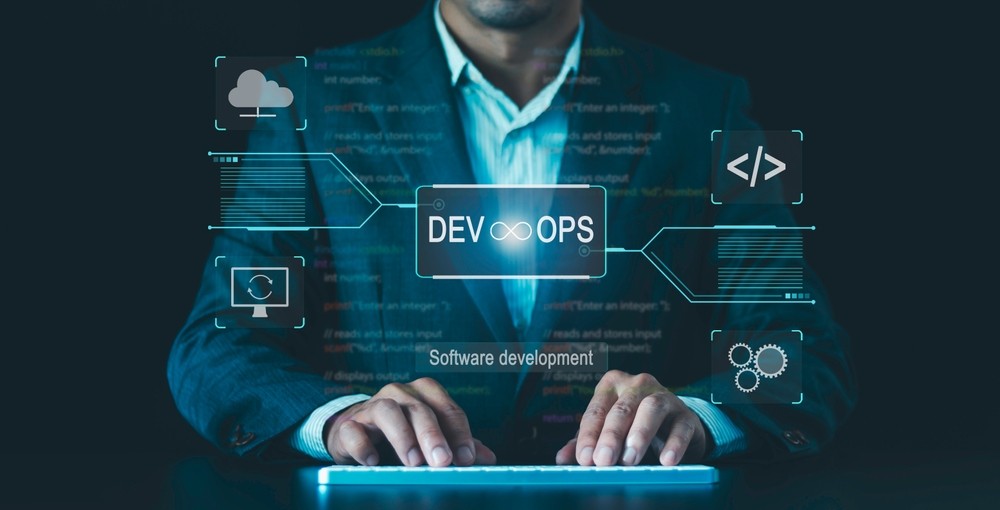Perforce Software, a leading figure in DevOps innovation, recently unveiled research spotlighting AI's disruptive influence on DevOps roles and the accompanying governance challenges. According to the study, with 62% of IT leaders highlighting security and privacy risks, the report entitled "AI in DevOps: Adoption Outpaces Governance and Changes the Role of the Developer" underlines how AI is reshaping the DevOps landscape.
Interestingly, developer roles are undergoing a transformation. Many are gravitating more towards oversight, validation, and quality assurance. According to the study, 57% now prioritise code review and quality oversight, with half dedicating increased efforts to security, policy and compliance and validating AI-generated outputs.
Human oversight, observes EVP Jake Hookom of Perforce, is pivotal in these evolving AI-integrated environments. Nonetheless, effects extend beyond the realm of personal productivity, prompting a wider focus on utilising AI across team interactions to bridge gaps between AI investments and business objectives.
Tracking their returns on AI, organisations primarily measure by code quality and defect reduction (70%) and developer productivity (62%). This highlights an engineering-centric return on investment (ROI) perspective over enterprise values.
Remarkably, the study also highlights governance gaps despite AI’s adoption. While AI tools improve testing coverage (56%) and code formatting consistency (55%), security concerns and potential vulnerabilities persist. Over 69% voice concerns about overreliance on AI, while 61% fear blind faith in AI results. Nearly 57% report adverse experiences, primarily due to inconsistent code quality.
Amidst this, the use of vibe coding - a methodology benefiting flow but rife with challenges - emerges. Many surveyed (51%) champion vibe coding for its productivity enhancements. However, half underscored the necessity of expert oversight to manage inefficiencies and structural risks.
Additional challenges voiced include quality, structural risks, and overreliance on inexperienced developers with minimal integration in existing DevOps pipelines.
Furthermore, enterprises are prioritising addressing interoperability, tool sprawl, and orchestration challenges. According to Dan Twing of EMA, the absence of unified governance and a multiplicity of vendor ecosystems, are hindrances noted by many. These conditions fragment AI expansion, impeding scalability and ROI.
Respondents were emphatic about the need for real-time vulnerability detection (55%) and automated test generation (53%), alongside enhanced DevOps pipeline orchestration.




